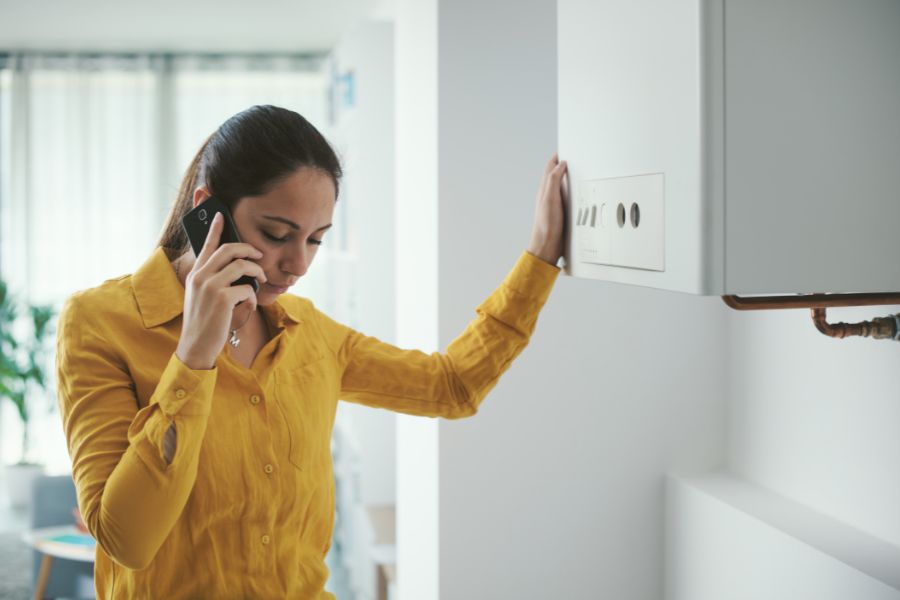Home maintenance advice
Which Home Cover is right for me?
09 Jan 2023 • 5 minutes


You may already be aware of the many benefits of Home Emergency Cover, but that might not mean you’re any clearer on which option is right for you.
Read on to find out everything you need to know about the different types of Home Cover, and which type is right for you.
Home Emergency Cover is pretty much what it says on the tin. In simple terms, it’s insurance cover in case you have an emergency at your home.
Usually, this covers things like electrical faults or boiler breakdowns, but this can vary depending on which company you get your Home Cover with and what level of cover you purchase.

Regardless of what it is you get cover for, the idea is that if something goes wrong at your home, you make a claim and the insurer sends out an approved tradesperson as soon as possible to fix the problem. When your claim is approved, the bill for labour, parts, and materials are covered up to an agreed amount.
A home emergency, as defined in most policies, is a sudden and unforeseen incident in the home that needs to be fixed as soon as possible because:
When you take out our Home Emergency Cover you’ll be covered for the following:
Unfortunately, we can’t cover everything, so our policies do come with some exclusions.
In many cases, these are things such as:

Of course, emergencies do happen. But there are a number of tasks you can tick off to significantly reduce the probability of them happening to you:
If you have concerns about an accident occurring at your home, you may be interested in our Householders Accident Plan, which covers you, your family and friends should something happen at your home.
Everyone’s circumstances are different, so whether you need Home Emergency Cover can depend on a lot of factors. Essentially yes, home emergency cover is beneficial when you weigh up the pros and cons.
When you compare the cost of home emergency cover to the cost of a hefty repair bill or the stress of finding a tradesperson when emergency strikes. It’s worth the peace of mind knowing that you and your family are protected.
For example, if a pipe were to burst in your home, it could cost an average of £222 to fix* without cover, but with Plumbing & Drainage Plus for £1 a month, you’d be covered with a £30 excess.
Home Emergency Cover is different from a standard home insurance policy because it is a type of insurance that covers the cost of calling out an engineer when you experience an emergency. Whether it’s a boiler breakdown or a problem with your electrics, you’re covered if something goes wrong.
A standard home insurance policy covers the cost of repairing the damage caused by the incident or replacing belongings. However, your home insurance policy wouldn’t generally cover the call-out of a qualified engineer in an emergency. Normally this would be something you would have to find and pay for in this situation, which can be costly.
You’re only eligible for Home Emergency Cover if you’re the homeowner. If you rent your property then your landlord may have Home Emergency Cover for landlords, which will make sure your home is covered if a problem arises.
Yes, you can get home emergency cover for a second home with HomeServe, but only if you use the home for yourself. If you rent out your second home, for instance, you’ll need Landlord cover instead.
If Home Cover sounds like something you’d like to explore further, then you’ve come to the right place. Whatever your home needs, we’ve got you covered with our Home Emergency Cover options.
* BCIS© Research, September 2025 (prices include labour, parts, call-out charges and VAT)
Our help & advice articles cover Plumbing, Home heating, Electrical, Energy-saving and Home maintenance.